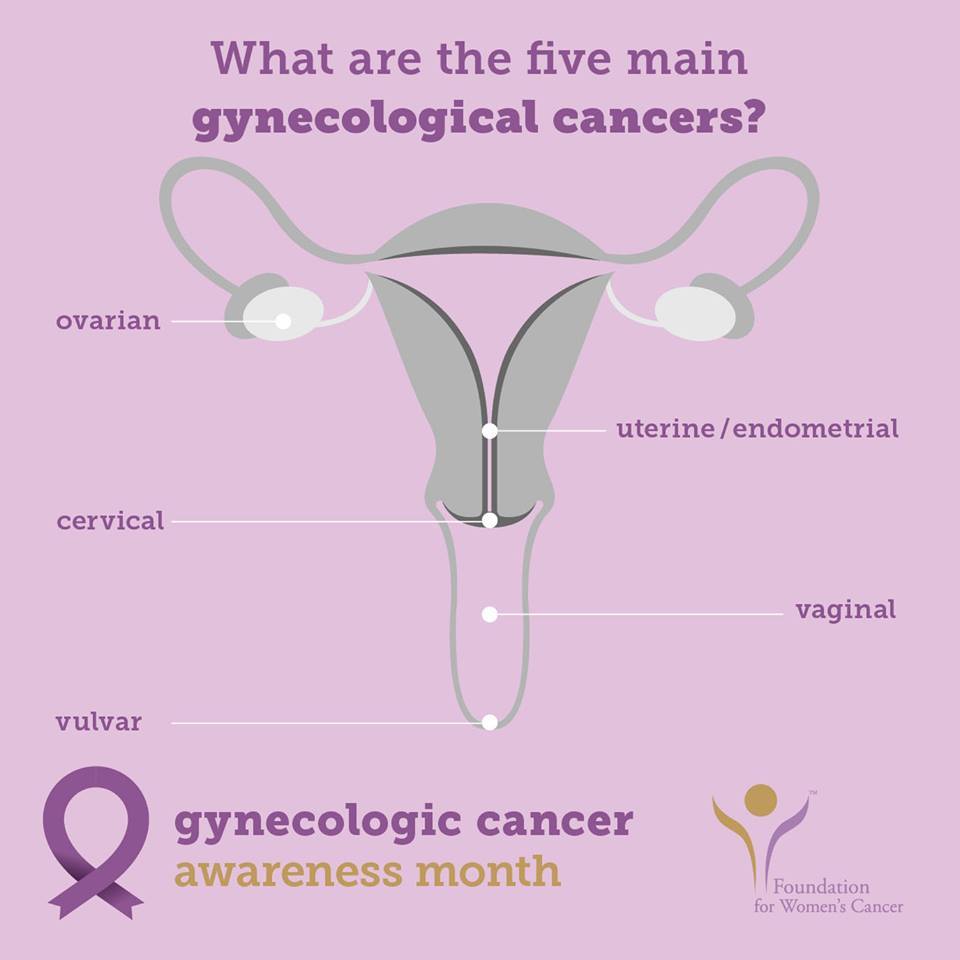Gynecologic Cancer Awareness Interview on KXAN
Every five minutes someone will be diagnosed with a gynecologic cancer. September is Gynecologic Cancer Awareness Month and it’s important for women to be aware of the risk factors associated with this disease. KXAN’s Jacqulyn Powell speaks with M. Yvette Williams-Brown MD, a gynecologic oncologist in both UT Health Austin’s Livestrong Cancer Institutes and Women’s Health, a clinical partnership between UT Health Austin and Ascension Seton.
What are gynecologic cancers?
Gynecologic cancers are cancers in women that occur “below the belt”. They are cancers that can affect women’s gynecologic or reproductive organs.
Forms of gynecologic cancer include:

How would a woman know if she has one of these cancers?
The important thing for women to remember is that these cancers can mimic symptoms that are not cancer. For instance, ovarian or fallopian tube cancers present with symptoms bloating or pelvic pain, having urinary frequency, or feeling full quickly. Dr. Williams-Brown explains that even though these are similar to symptoms for other conditions, the persistence of the symptoms should warrant a visit to your doctor or provider. For other cancers like cervical, endometrial or uterine cancer, women may present with abnormal bleeding, which should also be evaluated by a healthcare provider.
Are there any preventable treatments for these cancers?
Some of the prevention measures can be in the form of a vaccine. “We know the majority of cervical cancers are caused by HPV (human papillomavirus), so getting the HPV vaccine is a very important way to prevent the infection that can cause the cancer, ” says Dr. Williams-Brown. There are also ways to screen for these cancers. In general, most cancer risk may be reduced by maintaining a healthy weight, exercising regularly, seeing your doctor and scheduling and keeping your yearly exams and screenings.
How are the doctors and clinicians at UT Health Austin caring for women with gynecologic cancer?
UT Health Austin’s Livestrong Cancer Institutes offers a wide range of services for women, including diagnosis, screening, prevention, and care as well as care beyond and into survivorship. Your treatment begins with a comprehensive, whole-person assessment that your team will use to develop a personalized, state-of-the-art care plan to treat your condition, and help restore your wellness. We also include coordinated, whole-person services such as relaxation and stress reduction strategies, nutritional guidance, financial planning, and emotional support that can make a real difference for you and your family.
Do you have to have a referral to be seen? How would someone get in touch with you for an evaluation?
Women seeking care for any any known or suspected gynecologic cancers are welcome to self-refer or can be referred by their physician. If you suspect you may have symptoms of one of these cancers or would like a second-opinion on a received diagnosis, our team can be reached at 1-833-UT-CARES (1-833-882-2737) or by visiting here.
Subscribe to our YouTube channel to gain valuable health insights from leading experts in health care.